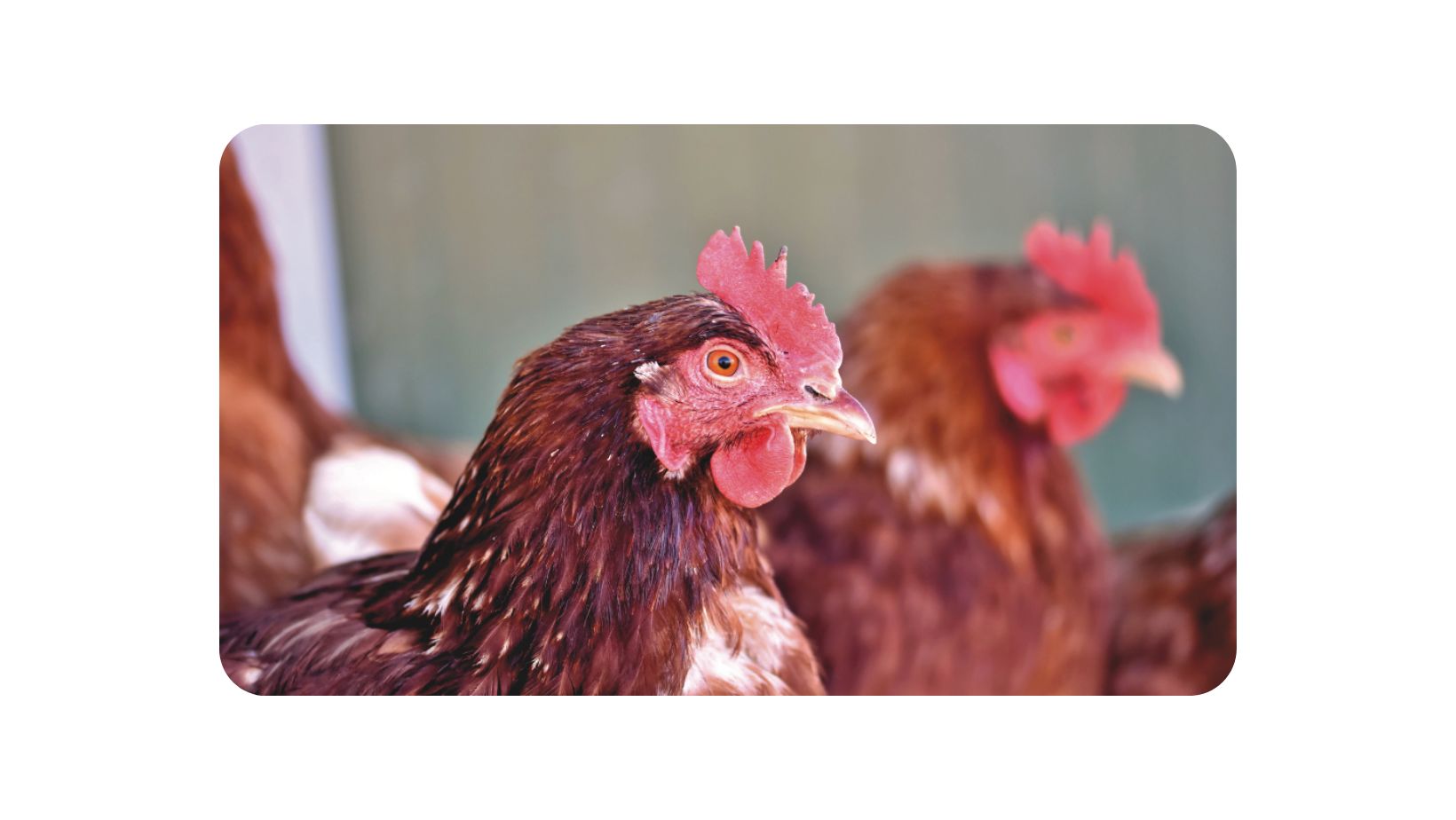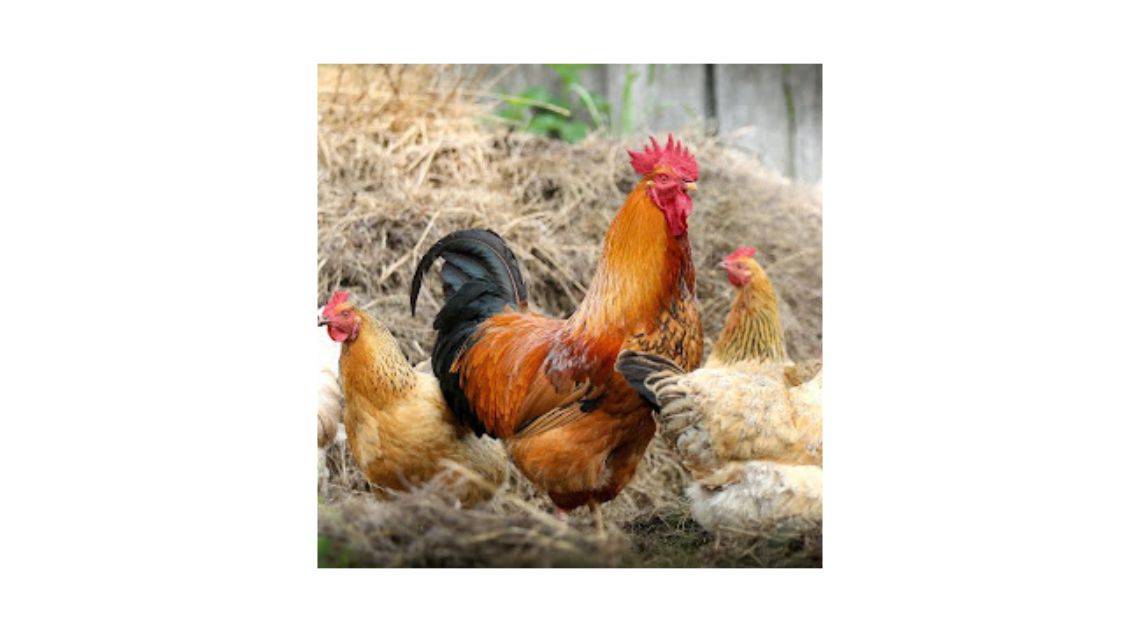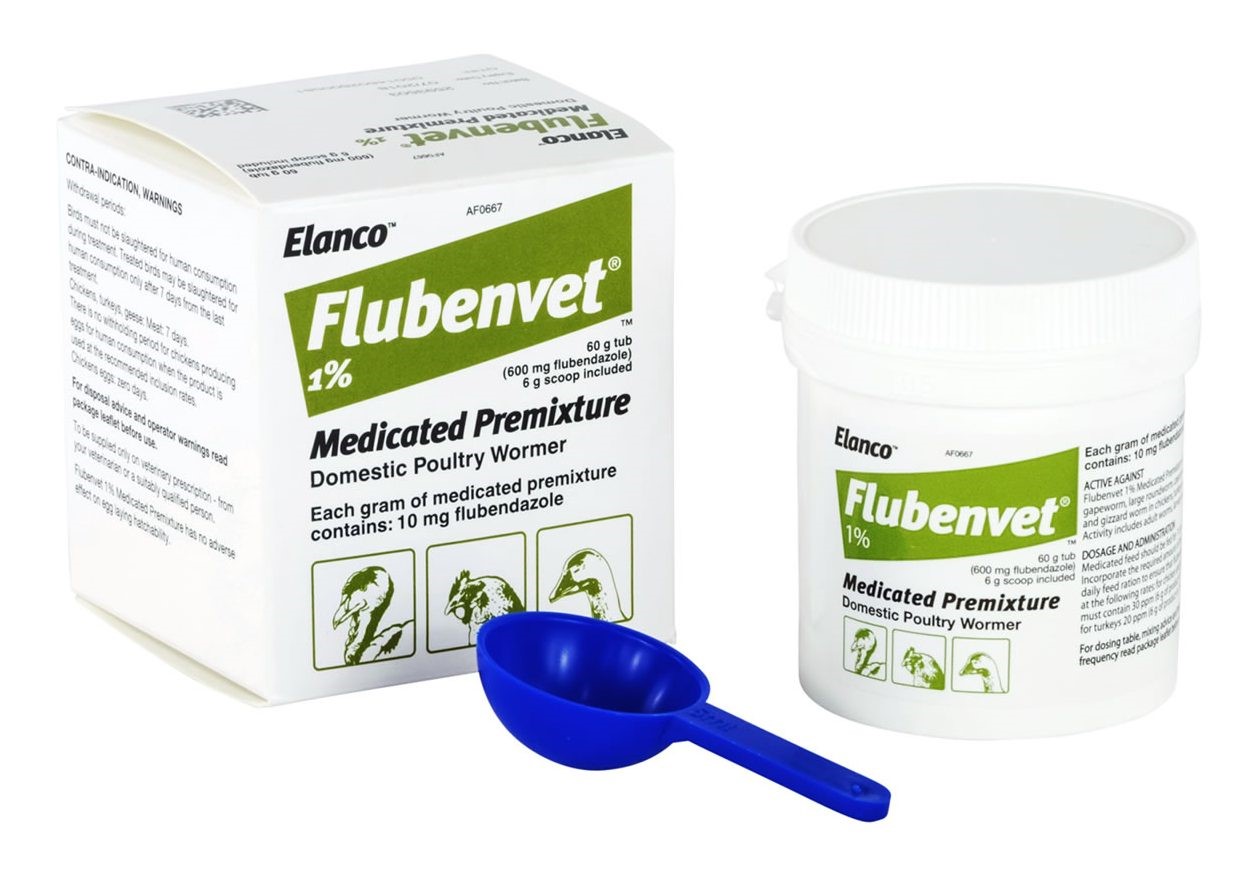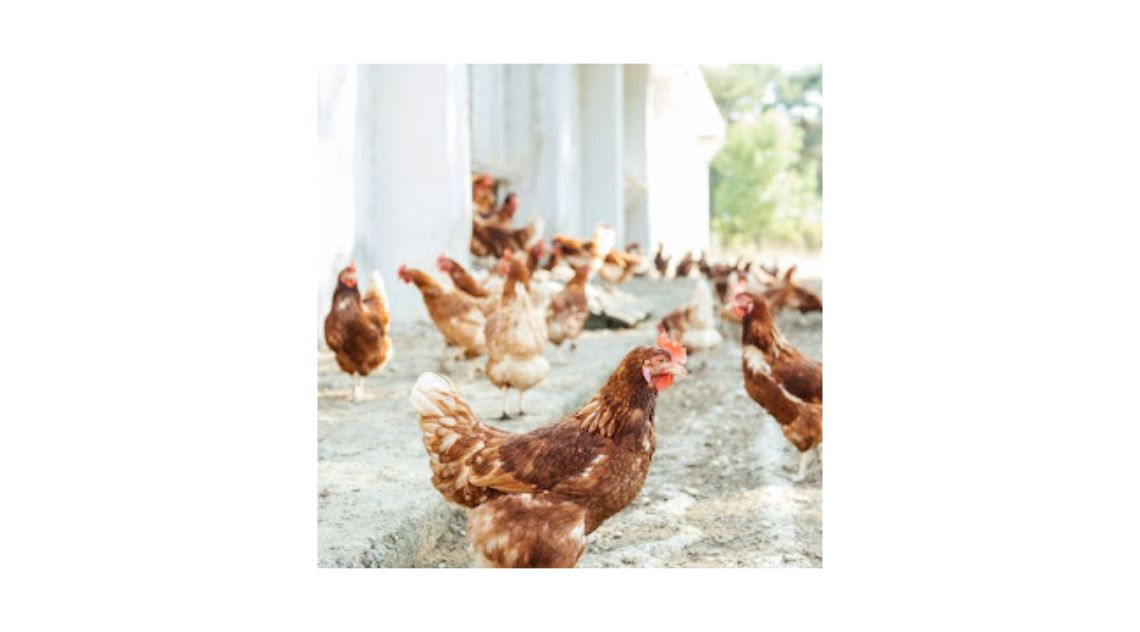Like most animals, chickens are susceptible to a variety of worm infections which can cause significant health problems in chickens, including reduced egg production and even death.
Treatment of worm infections in chickens is, therefore, an important task for chicken keepers.

There are several different worm treatments available for chickens, and the choice of treatment will depend on the type of worm infection present. The most common is roundworm.
This guide provides an overview of the different worm treatments available for chickens, as well as information on how to use them to keep your chickens healthy and happy.

There are several common types of worm infections in chickens, including roundworms, capillary worms, cecal worms, gapeworms, and tapeworms.
Roundworms are a type of intestinal worm infection. As well as causing damage to the chicken's digestive tract, roundworms waste also contains toxins.
Capillary worms are also known as capillara, capillariasis, threadworms, hairworms, and small roundworms.
Chickens with a mild infection will show symptoms such as poor general health and diarrhoea. More severe cases can include symptoms like weight loss, reduced egg production, and even death.
This parasite is common in chickens kept in back gardens and affects the cecum of the chickens. This infection causes little damage to chickens but can be a carrier of blackhead disease.
Also known as red worm, the gapeworm infects the tracheas of chickens and other birds. It can also infect the bronchi or lungs. However, this type of parasite is more common in Turkeys.
While tapeworms are rarely a problem for chickens, your chicken can still be infected. However, tapeworms can also be a carrier of blackhead disease, which is why a regular worming schedule is crucial for the health of your chickens.
There are several worm infections that can affect chickens. Some of the more common symptoms of a worm infection include diarrhoea, swelling, and reduced egg production.
When worming chickens, it is best to worm chickens on a regular schedule of every three months. Worms reproduce quickly, and it is important to keep up with routine treatments to control worm populations and avoid illness in chickens.
Flubenvet is a common dewormer used as a worm treatment for chickens. Flubenvet can be administered as a preventative as well as a treatment for worms.

When treating your chickens, Flubenvet will need to be mixed into their daily feed for seven days, and you can determine the correct dosage with Flubenvet's easy dosage instructions.
When it's time to worm your chickens, you can speak to your vet about Flubenvet or order it yourself from our website.
Keeping chickens healthy is critical for reducing the risk of worm infections. A few simple strategies can help keep chickens healthy and prevent worm infections, including feeding chickens properly, avoiding overcrowding, keeping feeders clean, and providing fresh water daily.
Chickens should be fed a healthy diet that provides balanced nutrients, vitamins, and minerals to support optimal health and growth. A balanced diet can help prevent worm infections by making them less susceptible to infections.
Overcrowding chickens may also cause stress, which can make them more susceptible to disease, including worm infections. Chickens should have enough space to move around without being too crowded to protect against worm infections.
Feeders should be kept clean and cleaned regularly to prevent the spread of disease, including worms and other infections. Feeders should be scrubbed with hot water and a disinfectant to remove dirt, grime, and germs. Feeders should be completely dry before chickens are allowed to use them again.
Water is an essential part of a chicken's diet and is critical to their health and protection against disease, including worm infections. Fresh water should be provided daily to ensure chickens have enough water to stay hydrated.
Water should be changed daily to ensure it is clean and free of disease, including worms. Water should be kept away from feeders to prevent the spread of disease, especially worms and rodents. Chickens should have access to water at all times, including during hot weather when they need more water.

Worm infections can cause significant health issues in chickens, including reduced egg production and even death.
Regularly worming chickens on a regular schedule can help prevent worm infections. Additionally, you can prevent worm infections by ensuring chickens are fed a balanced diet, given plenty of room, and have access to clean water at all times.
Regularly cleaning feeders can also help prevent the spread of diseases, including worms.
Chickens should be wormed every three months.
If you don't have a regular worming schedule, you can begin one at any time. However, to spot if your chickens already have worms, look for common signs such as reduced egg production, diarrhoea, or weight loss.
Most deworming medications are safe and don't get into your chicken's eggs, which means you can still eat your chicken's eggs after deworming. However, if you're unsure, speak to your vet about the deworming brand you use.
The amount of time it takes for a dewormer to work depends on the severity of the infection. In most cases, the deworming begins to work within 24 hours after the first dosage of the dewormer. However, in severe cases, it could take up to three weeks to clear the infection.
There are many natural methods for worming chickens, but these should be used under the supervision of your vet to ensure they have worked effectively. One of the most popular methods mixes Diatomaceous Earth with their daily feed. Other methods involve adding apple cider vinegar or crushed garlic cloves to the chicken's water.